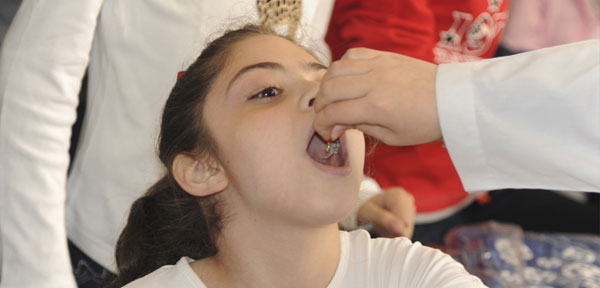
In Syria, the Assault on Healthcare Is a Weapon of War In Syria, the Assault on Healthcare Is a Weapon of War
The growing humanitarian catastrophe is not just an accidental outcome of the conflict—the Assad regime has been deliberately targeting healthcare infrastructure and personne...
Nov 7, 2013 / Omar Ghabra
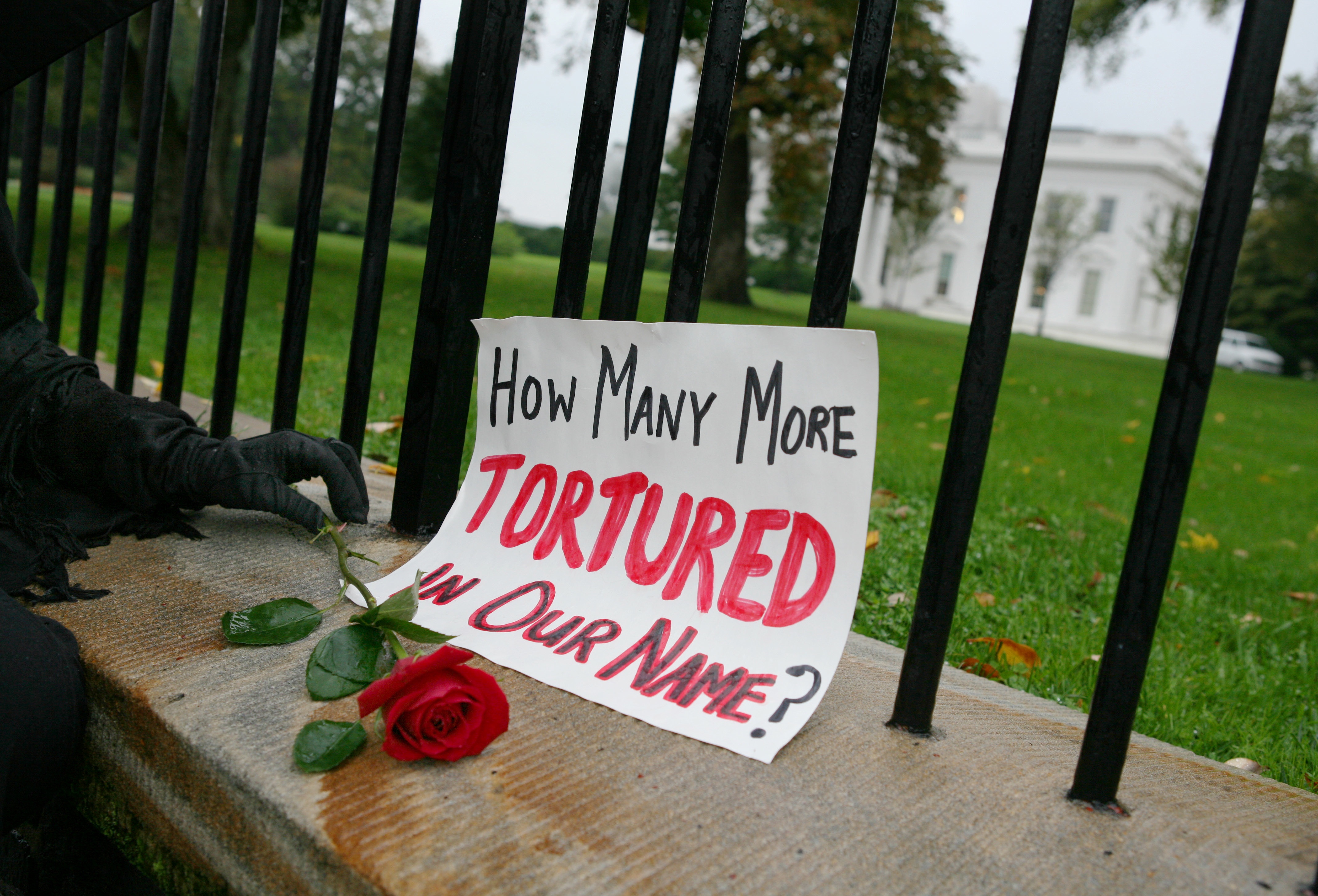
The Terrorism That Torture Didn’t Stop The Terrorism That Torture Didn’t Stop
Supporters of “enhanced interrogation” tout dubious claims of its effectiveness but ignore two cases where it failed to thwart terrorism.
Nov 7, 2013 / Katherine Hawkins
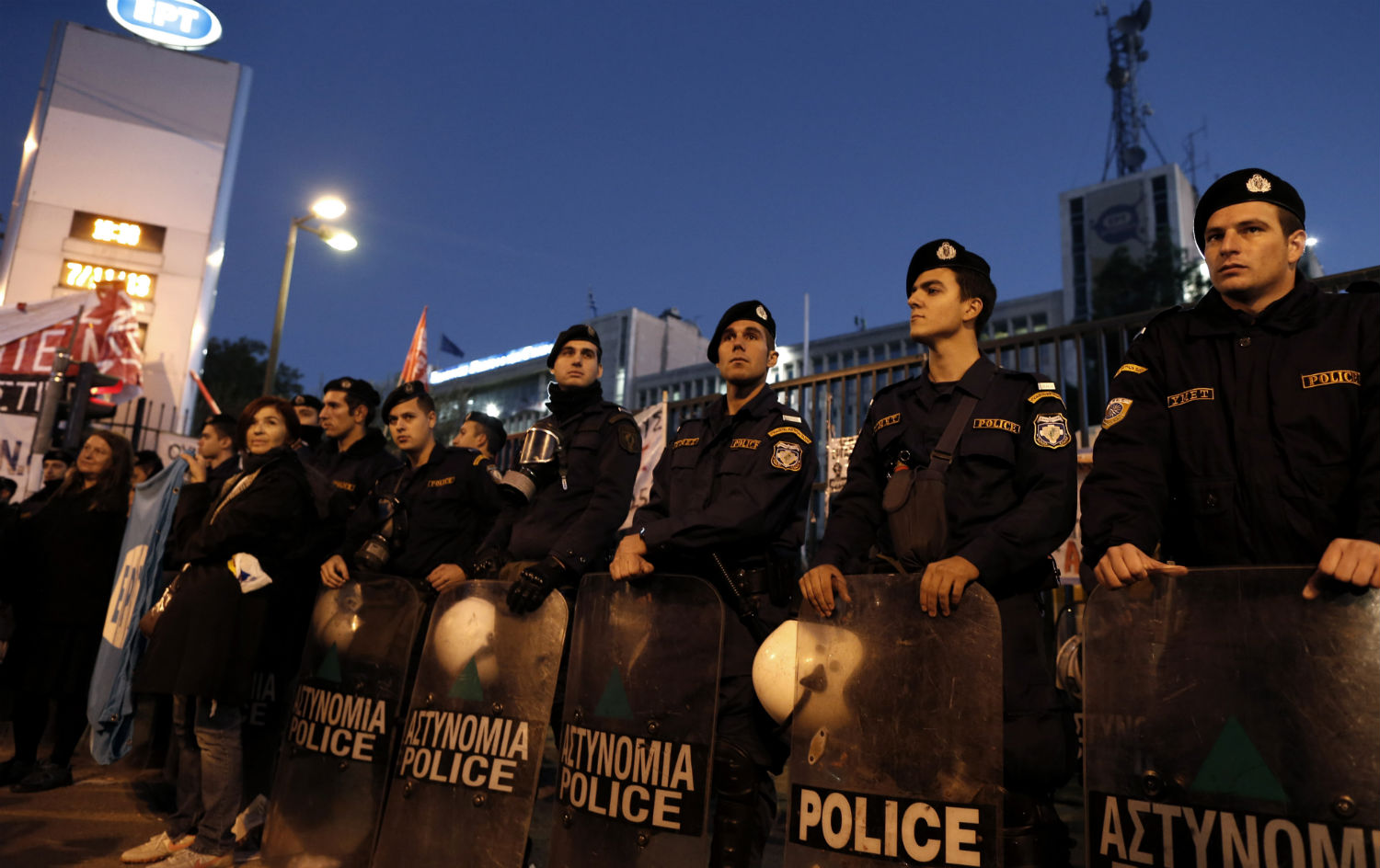
‘The Voice of Greek Radio Falls Silent’ ‘The Voice of Greek Radio Falls Silent’
Syriza tables no-confidence motion as Greek government evicts workers from state broadcaster.
Nov 7, 2013 / Maria Margaronis
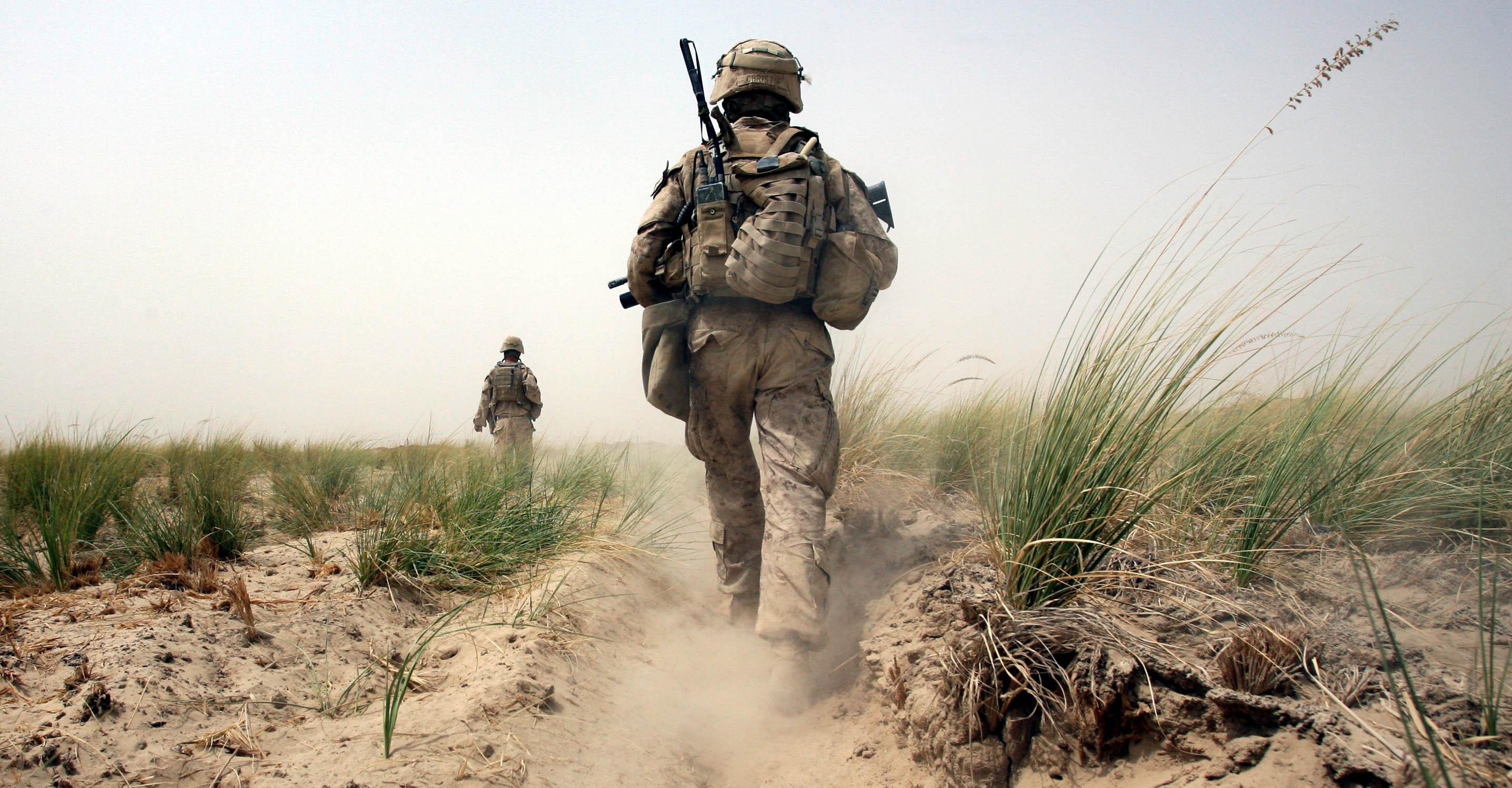
Encounters With the American Military in Afghanistan Encounters With the American Military in Afghanistan
Here’s the cost of American-style war.
Nov 7, 2013 / Ann Jones
Censored in Colorado Censored in Colorado
America After 9/11 Since 9/11, the Department of Justice has prosecuted more than 500 terrorism cases, yet there remains scant public understanding of what these federal cases have actually looked like and the impact they have had on communities and families. Published by The Nation in collaboration with Educators for Civil Liberties, the America After 9/11 series features contributions from scholars, researchers and advocates to provide a systematic look at the patterns of civil rights abuses in the United States’ domestic “war on terror.” * * * This fall, The Nation introduced a new series of articles on “America After 9/11,” the first of which described the pattern of rights abuses in federal terrorism prosecutions and conditions at the nation’s only federal supermax prison, ADX, in Florence, Colorado. The piece described the case of Fahad Hashmi, a former student of mine at Brooklyn College. Fahad had been charged with providing material support for terrorism after he let a friend use his cellphone and stay in his London apartment with luggage containing raincoats, ponchos and socks that the friend later took to an Al Qaeda leader in Pakistan. After three years in pre-trial solitary confinement at the Metropolitan Correctional Center in Manhattan, Fahad pleaded guilty and was transferred to ADX to serve his fifteen-year sentence. Fahad has been at ADX for more than three years. He has subscriptions to The Nation and The New York Times, paid for by his family. But the prison refused to allow him to have the Nation issue that contained my piece. Last year, a piece in the Times titled “Fighting a Drawn-Out Battle Against Solitary Confinement” was also banned. Opened in 1994 as a behavioral management unit, ADX officially houses the most dangerous prisoners in the federal system. Since 9/11, however, any sort of terrorism conviction can land a person there. Once incarcerated at ADX, there is little effective recourse for challenge. Today, ADX disproportionately houses Muslims. Please support our journalism. Get a digital subscription for just $9.50! In “general population,” prisoners spend twenty-three hours a day in cells that measure eighty-seven square feet. Prisoners eat meals alone, within arm’s reach of their toilet. ADX offers TV “classes,” which count toward good behavior. One is “The Magic of Everyday Communication.” The perverse cruelty of teaching face-to-face communication to people enduring years of solitary confinement boggles the mind. ADX walls itself off from public scrutiny. It has allowed only one visit by human rights groups in twenty years, denied visitation requests from two UN special rapporteurs on torture and turned down nearly all press requests. (One monitored media event occurred in 2007.) With little access for journalists or human rights groups, ADX has a formidable wall of silence around it. The banning of reading material that dares to describe the nature of Fahad’s confinement is a reminder of the repressive conditions that prisoners on US soil continue to face. More in the ‘America After 9/11’ Series: How Tarek Mehanna Went to Prison for a Thought Crime As the government embraces a “counter-radicalization” approach to counterterrorism, prosecutors are turning radical beliefs into criminal acts. by Amna Akbar Guantánamo in New York City Americans remain mostly blind to the abusive treatment of terror suspects on US soil. by Jeanne Theoharis Where’s the Outrage When the FBI Targets Muslims? The FBI employs the same repressive tactics as the NYPD in its broad surveillance of Muslim communities. Why does the FBI get a pass? by Diala Shamas How Mohammed Warsame Became an Accidental ‘Terrorist’ In the wake of 9/11, prosecutors have embraced “special administrative measures” to keep terrorism suspects guilty until proven otherwise. by David Thomas
Nov 6, 2013 / Jeanne Theoharis

Ending Central Africa’s Slaughter Ending Central Africa’s Slaughter
Finally, a light at the end of a very long, very dark tunnel.
Nov 6, 2013 / Bob Dreyfuss
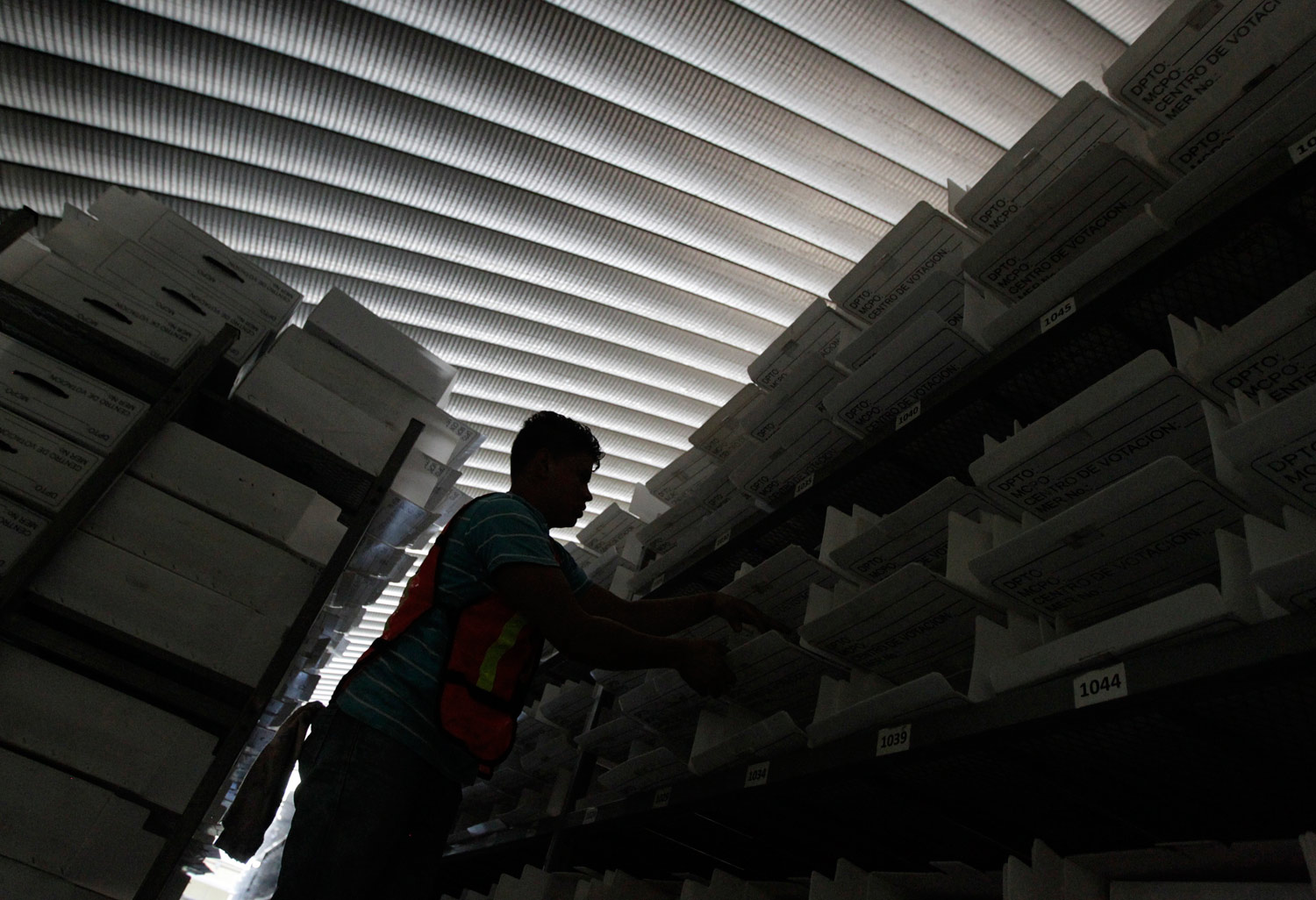
A High-Stakes Election in Honduras A High-Stakes Election in Honduras
Will the country take a step toward democracy, or remain mired in corruption and repression?
Nov 6, 2013 / Dana Frank
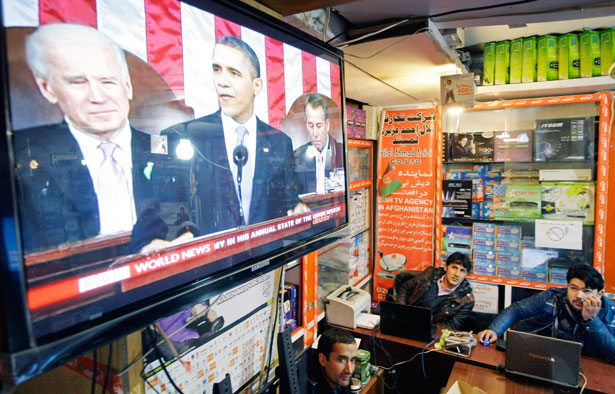
A Field Guide to Losing Friends, Influencing No One and Alienating the Middle East A Field Guide to Losing Friends, Influencing No One and Alienating the Middle East
How a series of foreign policy flubs, stumbles and mini-disasters have underscored the Obama administration’s increasing irrelevance in the region.
Nov 5, 2013 / Bob Dreyfuss

Pay No Attention to That Imperialist Behind the Curtain Pay No Attention to That Imperialist Behind the Curtain
What John Kerry did this week in Egypt and Saudi Arabia is nothing short of despicable.
Nov 5, 2013 / Robert Scheer
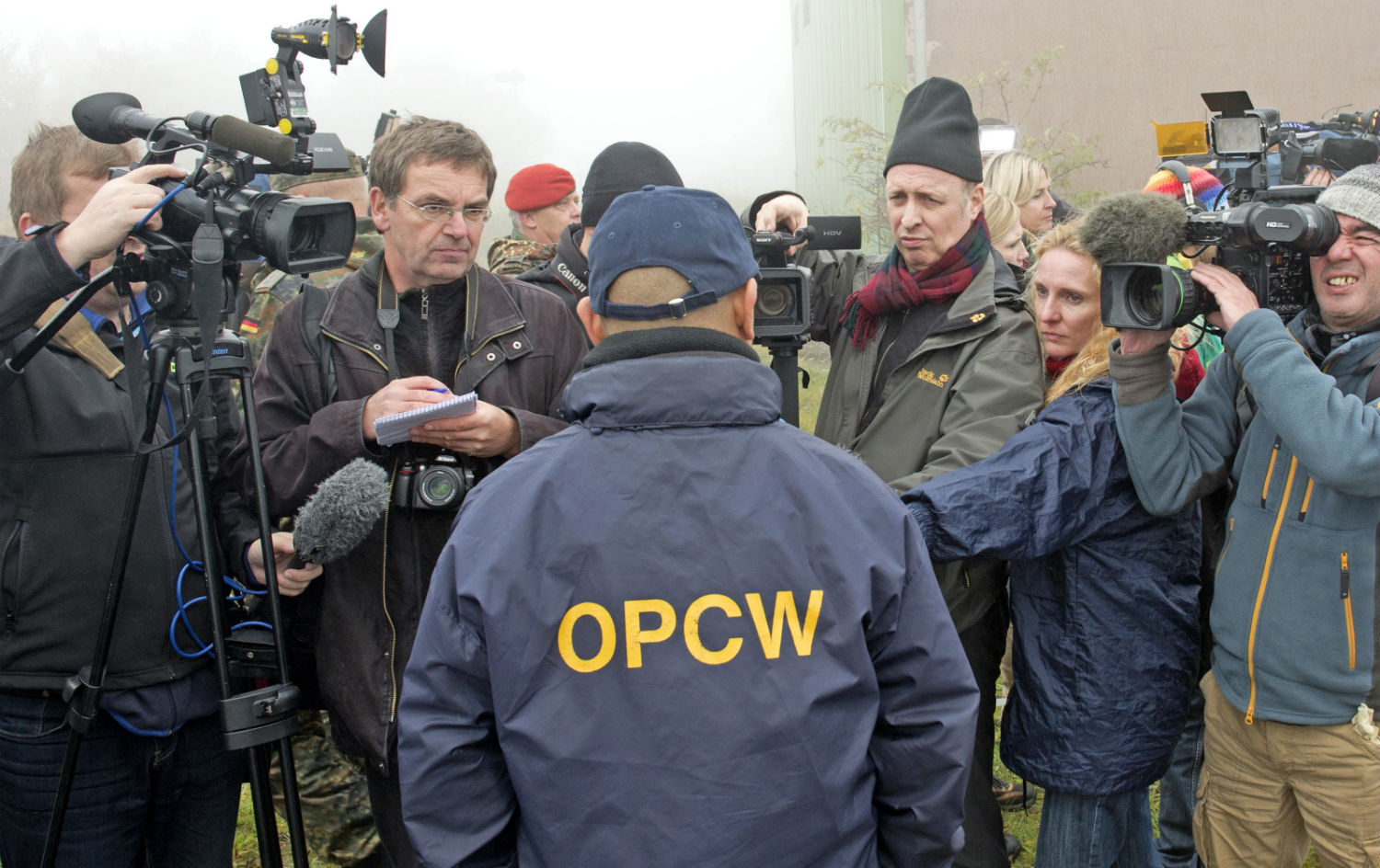
Strange Silence on Success in Removing Syria’s Chemical Weapons Strange Silence on Success in Removing Syria’s Chemical Weapons
In Syria, there have been no “Mission Accomplished” banners unfurled, no victory laps of any kind, underscoring the fragile and incomplete nature of OPCW's chemical...
Nov 5, 2013 / Katrina vanden Heuvel
